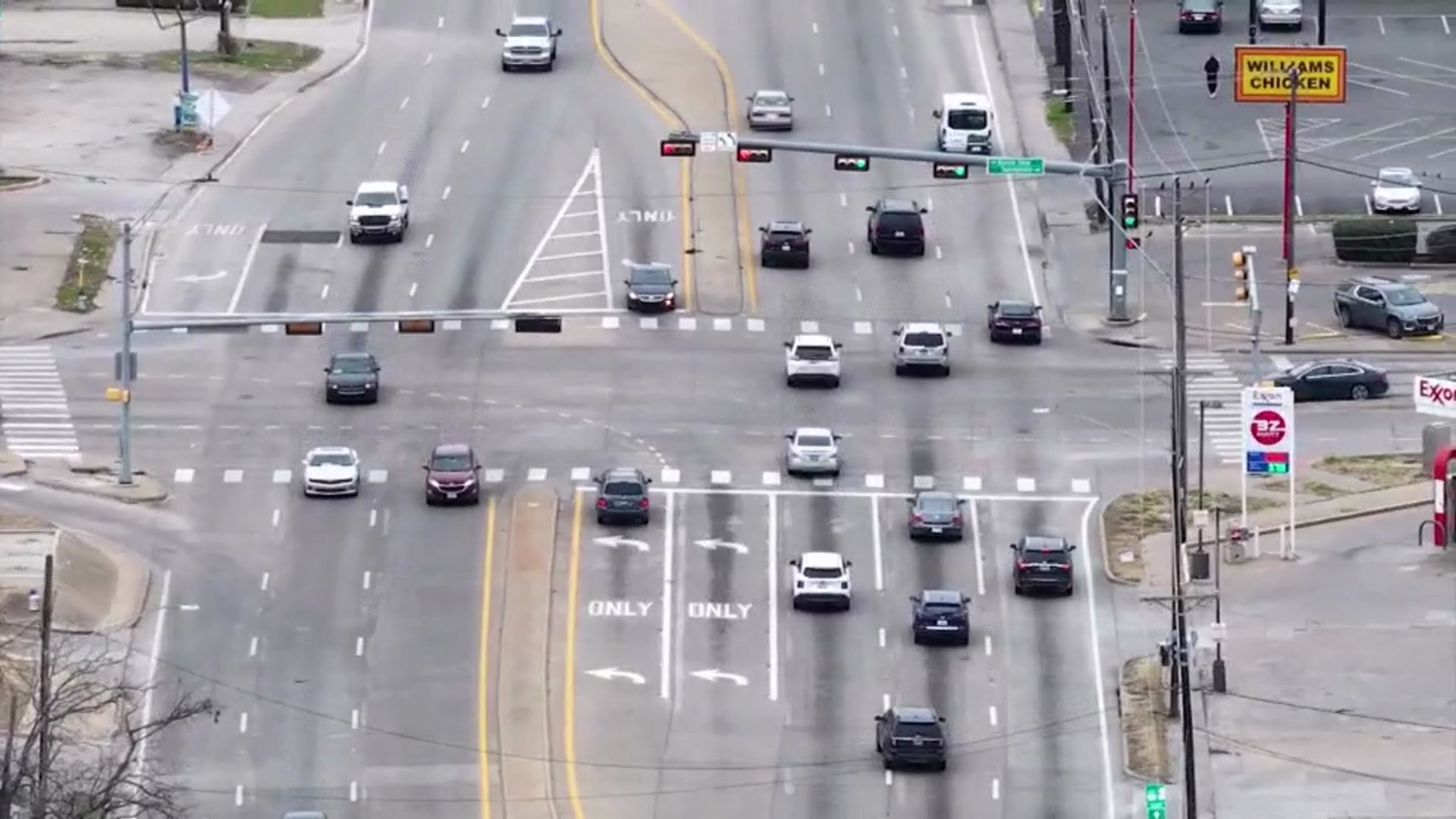Eric Jackson’s blood began to boil when he saw images of the life draining from George Floyd as he laid on the ground, a police officer’s knee wedged against his neck.
“I can’t stand by and watch this anymore,” said Jackson, until recently the special agent in charge of the FBI headquartered in Dallas.
“I was shaken to the core,” he said, recalling his feelings after watching Floyd gasp for air for the last time.
Jackson, the first black special agent to lead the FBI’s Dallas Division, told NBC 5 Investigates of the time he had an uneasy brush with the law, possibly because of the color of his skin, despite being a top FBI agent.
He was off duty, traveling through another state when a white trooper watched him pull away from a gas station, then pulled him over, he said.
“I asked him why did he stop me, and he said, ‘You looked suspicious,’” Jackson recalled.
He said the trooper’s mood softened, and “the stop totally changed,” after Jackson produced his FBI credentials.
Local
The latest news from around North Texas.
“He didn’t ask to check my car anymore…he couldn’t explain to me why he stopped me,” Jackson said.
Jackson left the FBI for a corporate security job 15 months ago and has seldom spoken publicly since then.
But in an exclusive interview with NBC 5 Investigates, he said the death of Floyd, who also was black, has shaken him into action.
“I promise I will never be quiet again because our nation is being torn apart,” Jackson said.
He said he hopes the jarring images on TV, and the peaceful protests that followed, will cause top law enforcement officials to wake up and realize change – not excuses – need to happen.
“And that’s why it’s so important and so vital for executives in law enforcement to root out these individuals, to root out the racists in their ranks, to root out those that will violate the badge…,” Jackson said.
He said the vast majority of officers are good people and that North Texas has some of the “finest, honorable, hard-working, dedicated law enforcement officers,” he has ever met.
He also considers the police chiefs he has worked with in Texas to be the most professional group he dealt with in his career.
He believes those chiefs do respond swiftly when they learn about problem officers, but he worries across the country, some citizens’ complaints about officers’ actions may never reach the chief’s desk.
“If you report them and you don’t get any action, make sure that chief of police knows that you made a report,” Jackson said.
This week, he stood with protesters at a peaceful march in Frisco.
For those who have turned to violence and looting elsewhere, Jackson has no sympathy. He is especially horrified by those who have attacked and injured police and federal agents.
“There is no justification. There is no rationale. The old adage, two wrongs don’t make a right,” he said.
As an FBI agent, Jackson worked cases involving domestic extremist groups for more than a decade.
But he cautions, during this time of unrest, that officials should not jump to conclusions on whether such organized extremists are behind the violence and destruction.
“You said Antifa did this. Show me. If you said that a white supremacy group did this. Show me. And if we’re unable as law enforcement to show that, we’ve again lost the public’s trust,” Jackson said.
He said he will make it his new mission, as a private citizen, to help repair the public’s trust in the men and women in blue.
“I’m willing to do everything and anything I can to help with that dialog, to foster the relationship between the community and law enforcement,” he said. For that to happen, Jackson added, people at all levels in police departments must be empowered to speak up and report problems. There needs to be continuous training, and thorough review of complaints. And if any departments don’t seem to be responsive to complaints of police abuse, he said, those reports can be sent to the FBI, which has authority to investigate civil rights abuses.



